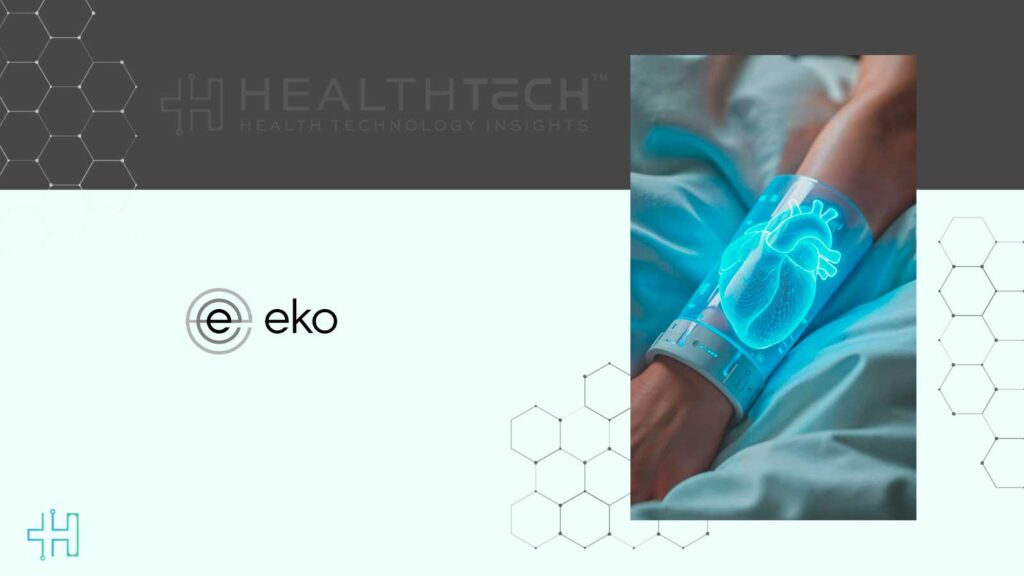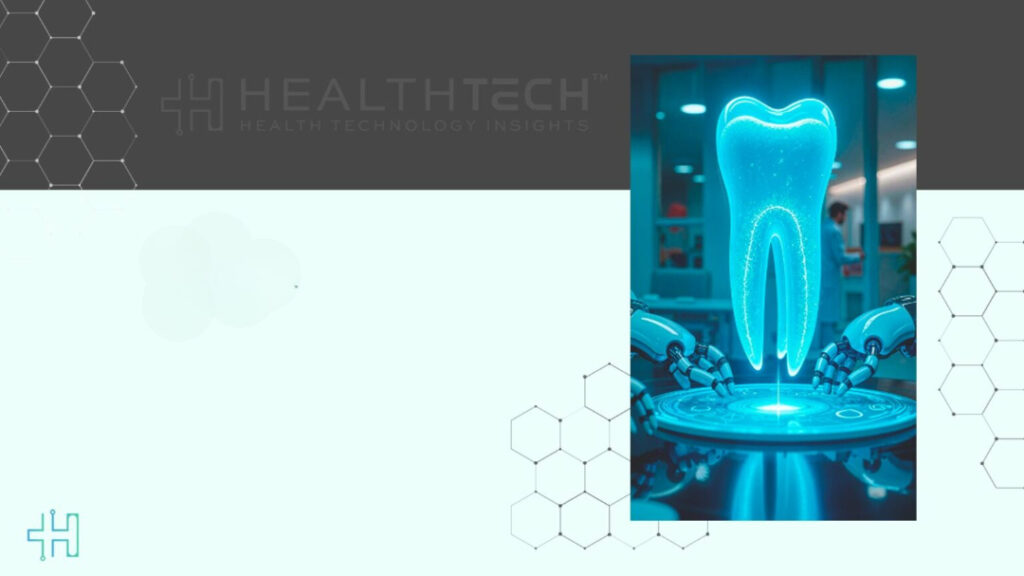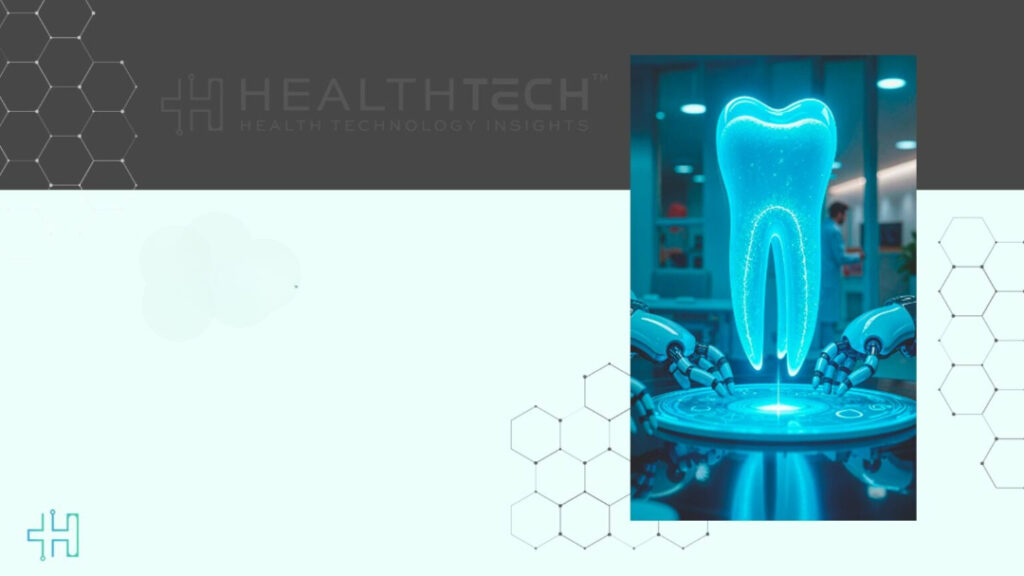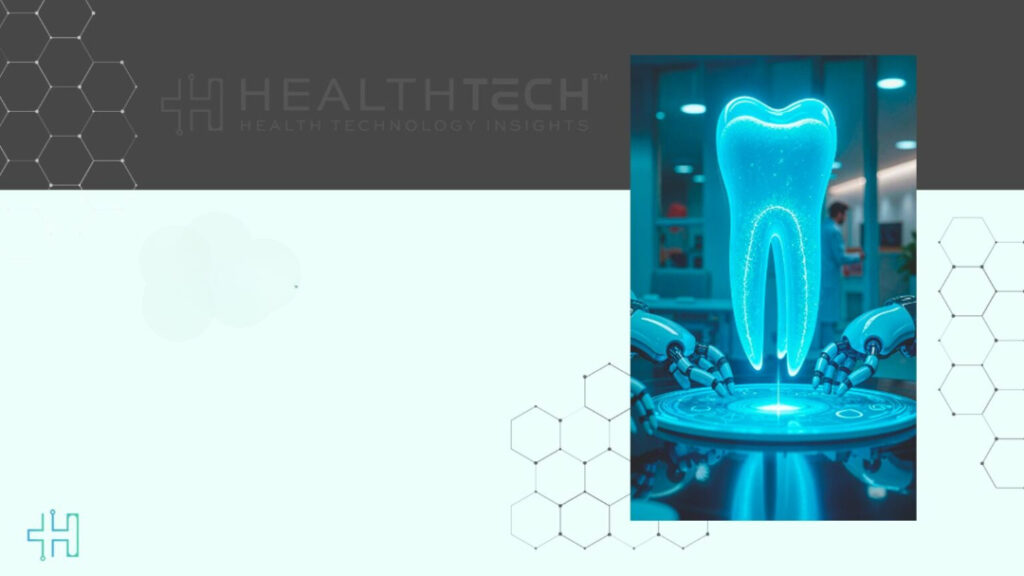CPT Code for AI-Enabled Cardiac Analysis, Issued by the American Medical Association (AMA), Also Takes Effect July 1, 2025
Eko Health, a leader in AI-powered cardiac and pulmonary care, announced a major step forward in expanding access to early heart disease detection. The Centers for Medicare & Medicaid Services (CMS) has included Eko’s SENSORA platform in its July 2025 provisional update to the Hospital Outpatient Prospective Payment System. The proposed rule assigns SENSORA’s Category III CPT code to APC 5734, with a reimbursement rate of $128.90 per use. This recognition signals federal support for the clinical value of AI-enabled cardiac disease detection and paves the way for broader adoption.
Health Technology Insights: Idorsia Validates Synthetic Glycan Vaccine in Humans
The ruling also represents a pivotal reimbursement milestone for deploying SENSORA as part of routine hospital outpatient cardiac evaluations. Hospitals and health systems now have a clear financial pathway to implement AI-enabled auscultation and ECG analysis for identifying serious cardiovascular conditions at the point of care.
Additionally, the Category III CPT code issued by the American Medical Association (AMA) for SENSORA will officially take effect on July 1, 2025, signaling growing institutional recognition of the clinical utility of algorithmic cardiac support tools.
Health Technology Insights: Nicox Announces Last Patient Completes the NCX 470 Denali Phase 3 Clinical Trial
“This CPT code signals the growing importance of AI in point-of-care detection,” said Connor Landgraf, Co-founder and Chief Executive Officer at Eko Health. “It’s crucial to create payment models that compensate front-line providers for the additional time they spend caring for complex cardiac patients. To beat our heart disease epidemic, it’s absolutely essential for front-line providers to be empowered with advanced tools like SENSORA to identify cardiovascular disease earlier and more accurately.”
Heart disease remains the leading cause of death in the U.S., responsible for nearly 1 in 5 deaths according to the CDC. Yet heart conditions such as low ejection fraction, valvular heart disease, and atrial fibrillation are frequently missed in routine exams—especially in time-limited care settings. SENSORA addresses these diagnostic gaps by delivering real-time AI analysis in under a minute, enabling earlier detection of structural murmurs, low ejection fraction (Low EF), and atrial fibrillation (AFib) using Eko’s ECG-enabled digital stethoscopes.
“We’ve reached a pivotal moment in the application of AI in medicine, not as a future promise, but as a present tool for improving access and accuracy,” said Dr. Steven Steinhubl, cardiologist and Chair of Eko’s Clinical Advisory Board. “SENSORA’s ability to empower clinicians with real-time insights is a breakthrough in the fight against undertreated heart disease.”
SENSORA’s algorithms have been clinically validated and published in high-impact journals including the Journal of American Heart Association (JAHA) and JACC Advances, establishing a strong foundation of peer-reviewed evidence.
A prospective multicenter study published in The Lancet Digital Health validated SENSORA’s Low Ejection Fraction algorithm, demonstrating 85% sensitivity and 70% specificity from a single auscultation point, enabling earlier identification of certain forms of heart failure.
A separate study published in Circulation showed that SENSORA more than doubled the sensitivity of structural murmur detection compared to standard auscultation (90% vs. 43%), improving the identification of valvular heart disease in time-limited clinical settings.
These findings reinforce the urgency and impact of deploying FDA-cleared, AI-powered detection tools like SENSORA in everyday practice—especially where early intervention can improve outcomes.
Health Technology Insights: Sage Healthspan Launches AI Wellness App for Prevention
To participate in our interviews, please write to our HealthTech Media Room at sudipto@intentamplify.com
Source – PR Newswire






